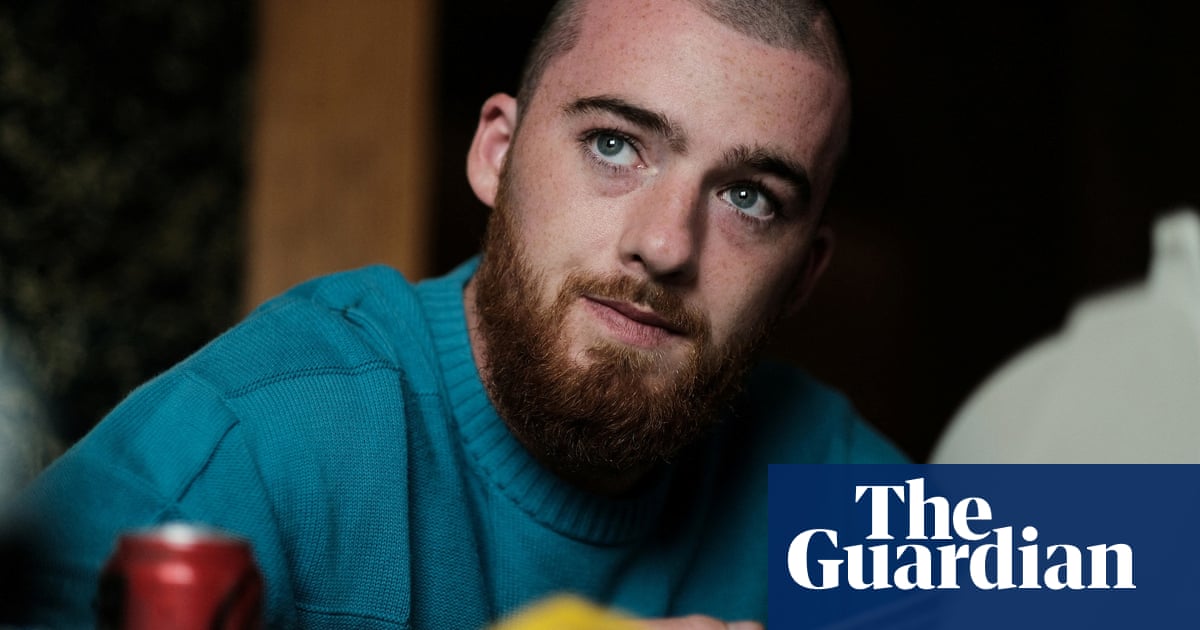
n an episode of historical comedy series Blackadder the Third, Dr Samuel Johnson presents to the King the dictionary he’s toiled on for 10 years. The King’s butler – Edmund Blackadder – deviously congratulates him with an invented word. When Johnson panics at having omitted this word, Blackadder obsequiously apologises: “I’m anaspectic, frasmotic, even compunctious to have caused you such pericombobulations.”
This scene might have been inspired by real-life Scottish lexicographer Dr James Murray, the primary editor of the Oxford English Dictionary, published in 1884. The only word Dr Murray ever conceded had been overlooked was “bondmaid”, meaning a girl bound to serve without wages.
When author Pip Williams discovered this omission, the idea for her debut novel, The Dictionary of Lost Words, was born.
Protagonist Esme, the daughter of one of the editors, decides to collect words that the male editors and lexicographers of the Scriptorium (essentially a large shed of paper and pigeonholes in Oxford) discard. It’s set just as the suffragette movement is gathering momentum, and Esme learns that “all words are not equal”.
It’s a compelling premise, but what’s equally fascinating is the fact that a debut novel published at the beginning of lockdown in Australia could sell 1,623 copies in its first week – quite unheard of for a relatively unknown author – prompting independent publisher Affirm Press to print another 5,000. It even has a cover quote from Thomas Keneally, author of Schindler’s List, declaring, “There will not be this year a more original novel published. I just know it.”
It’s Williams’s third book, but the first to be subject to a bidding war for the international rights. The former social researcher had previously co-authored Time Bomb: Work Rest and Play in Australia Today (NewSouth) and wrote the memoir One Italian Summer for publisher Affirm, the latter of which she sent to “slush piles around the country” before three publishers eventually showed an interest.
“That’s when I felt like I’d won the lottery; getting the confidence to know that you can possibly do this,” she says. Now she had to work up the courage to approach writing a novel, which had been the dream all along.
“I convinced myself that the memoir was like an apprenticeship in creative writing, in that I changed the way I write, from an academic writer to something that’s much more accessible and entertaining and, you know, readable.”
Considering that The Dictionary of Lost Words wound up being a hefty 423 pages, Williams worked at great speed.
“I started writing it towards the end of 2017 and once I started I just couldn’t stop,” she says.
Two months after handing the first draft to Affirm Press, the manuscript was taken to Frankfurt book fair, where it was subject to a frenzy described by the publisher as “not seen for an Australian book since Markus Zusak’s The Book Thief”. The rights have so far been sold to publishers in South Korea, Spain, Italy, Russia, UK, US, Italy, The Netherlands and Germany.
Plot-wise, there are a few reasons why Williams’s book might have captured the zeitgeist. There’s a running theme of neglect and bias towards the language of women and the lower classes, which seems symbolic for the way that art is viewed in our times. And who wouldn’t want to be cosily cocooned in the world of the Scriptorium as a long lockdown winter approaches?
“I include the beginning of the first world war in this novel,” Williams says. “The day after war was declared, 63 men marched out of the Oxford University Press [for the frontline]. That sort of fracture in the lives of that community is pretty akin to the sudden social change we’ve had with Covid-19.”
Williams also credits the international buzz around the book for pushing those early sales. The promotion, though, has also faced obstacles: the entire national tour had to be cancelled, including a launch in front of 120 people in the Grand Mortlock Chamber of the State Library of South Australia, though she has some livestreamed events lined up.
Williams’s own period of isolation will in part be spent writing her next novel. The international deals have afforded her the ability to write full-time if she wishes, but she still works part-time as a community planner, and is also involved in public health planning – “quite topical,” she says.
Williams intends to begin her next book with the walkout of the men of the Oxford University Press. “The press then became full of working-class women, whose lives were spent in the bindery,” she says. “They were binding books that they would never read.”
While The Dictionary of Lost Words ends before the influenza pandemic that broke out during the first world war, the follow-up will focus on that, too.
“Now I feel like I’ve got some insight into what that might be like,” Williams says. “It killed more people than the war itself, and yet we don’t commemorate it at all.”
• The Dictionary of Lost Words is out now through Affirm Press












